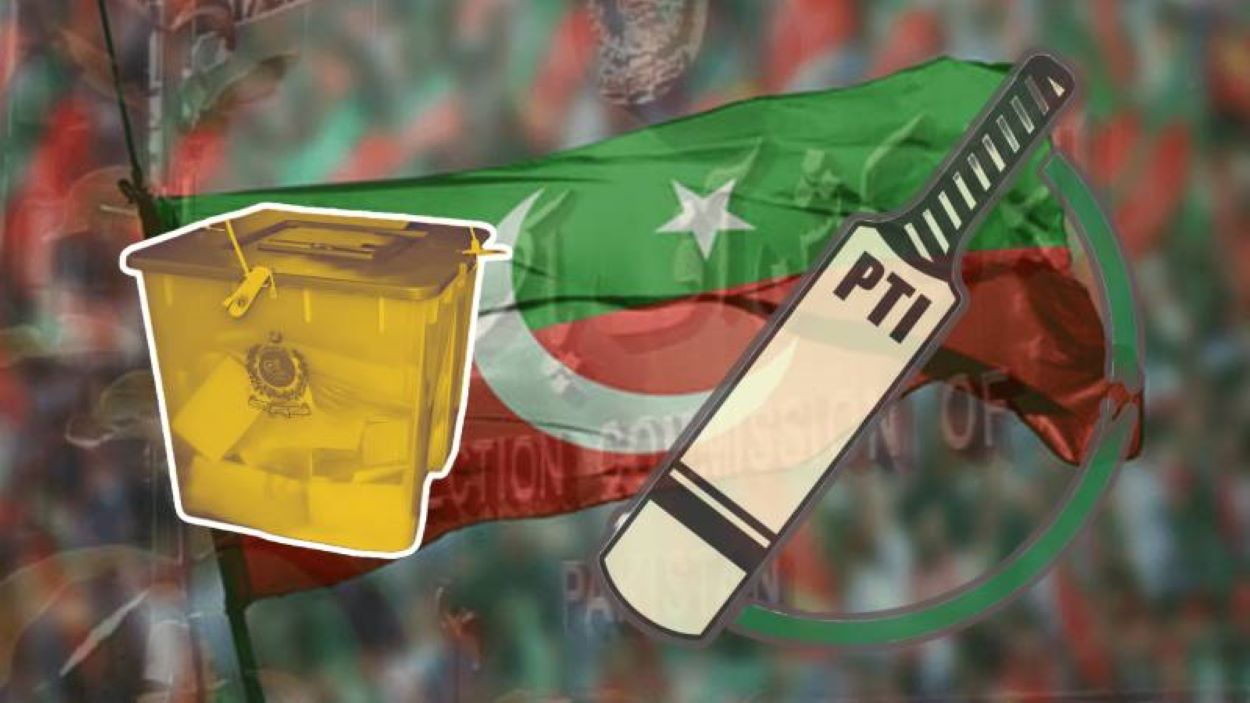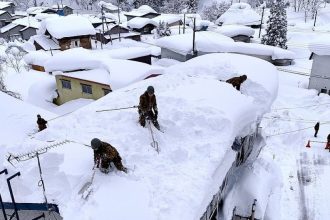The preliminary outcomes of the 2024 general elections revealed an unexpected trend, with independent candidates endorsed by Pakistan Tehreek-e-Insaf (PTI) showing a strong performance. These initial results have significantly impacted the political dynamics, particularly as PTI’s founder, Imran Khan, remains detained, challenging the notion of an equitable electoral battlefield.
Results Delay and PTI’s Response
Despite the Election Commission of Pakistan’s (ECP) commitment to timely result announcements, a significant delay was observed, with no official outcomes reported by 2 a.m. This situation intensified the existing political tension and uncertainty. Nonetheless, early Friday saw PTI supporters initiating celebrations based on partial results indicating a lead in numerous constituencies.
Among the few disclosed results, Muhammad Nawaz Khan Allai’s victory in NA-13, Battagram, and Ali Muhammad Khan’s win in NA-23, Mardan underscored PTI’s potential electoral success. However, the ECP’s inability to announce official results promptly, coupled with Chief Election Commissioner Sikandar Sultan Raja’s remarks on the impact of cellular service suspension, amplified frustrations.
As the counting progressed, PTI leadership vocalized their optimism based on media projections despite the absence of official confirmations. Allegations of potential result tampering were raised, with PTI warning against any efforts to undermine the electoral integrity. The leadership’s statements reflected a resolute stance on defending the democratic process and the electorate’s mandate.
Furthermore, the military reported that the election day was marred by violence, resulting in casualties among security forces and civilians. These incidents and challenges, such as pre-poll manipulation claims and mobile internet blackouts, highlighted the complex backdrop against which the elections were held.
Read: Violence Mars Elections: 12 Dead, 39 Injured Across the Country
PTI officials, emphasizing the party’s lead in early results, criticized the slow pace of result announcements and potential obstructions. They called for transparency and expediency in disclosing the outcomes, indicating the critical nature of respecting the popular will for national unity and stability.






